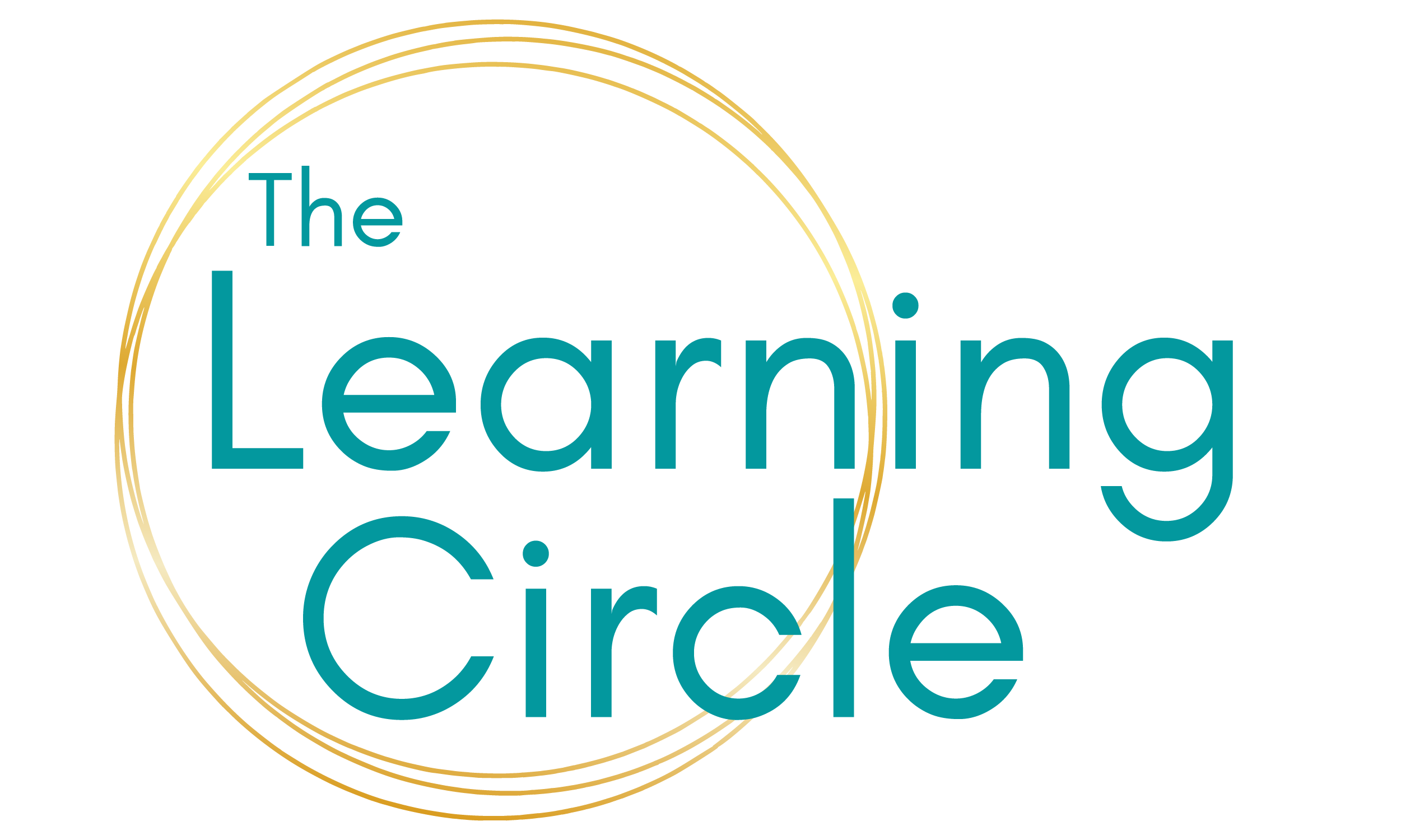Learning about this topic significantly improved my teaching.
Sandra
In the world of education, the concept of cognitive load plays a pivotal role in the success of teaching and learning. When it comes to English Language Teaching , understanding and managing cognitive load can significantly impact students' language acquisition and overall classroom experience.
What is Cognitive Load?
Cognitive load refers to the mental effort required to process information during learning. In ELT, it encompasses various factors, such as linguistic complexity, the volume of information presented, and the cognitive processes students engage in while acquiring a new language.
Why does Cognitive Load matter in ELT?
Working Memory Constraints: Every student has a limited working memory capacity, and overloading it with excessive information can hinder the learning process. In ELT, teachers must be mindful of this limitation and present information in manageable chunks.
Optimizing Learning: Effective ELT practices aim to strike a balance between introducing new language concepts and allowing students to practice and consolidate what they've learned. This balance is crucial to avoid overwhelming students and ensure they retain the information.
Strategies for Managing Cognitive Load in ELT:
Chunking: Break down complex language structures and vocabulary into smaller, digestible parts. This approach allows students to process and remember information more effectively.
Scaffolded Learning: Gradually increase the complexity of language tasks and exercises as students gain proficiency. This progressive approach reduces cognitive load and promotes language development.
Multimodal Learning: Incorporate various learning modalities, such as visual aids, audio resources, and hands-on activities, to engage different cognitive processes and enhance understanding.
Feedback and Reflection: Encourage students to reflect on their learning progress and provide constructive feedback. This self-assessment and feedback loop can help students manage their cognitive load more effectively.
Want to learn more?
Try our new Learning Circle course: Cognitive Load in ELT
Or join our next Hackathon on this topic. Registration below.




